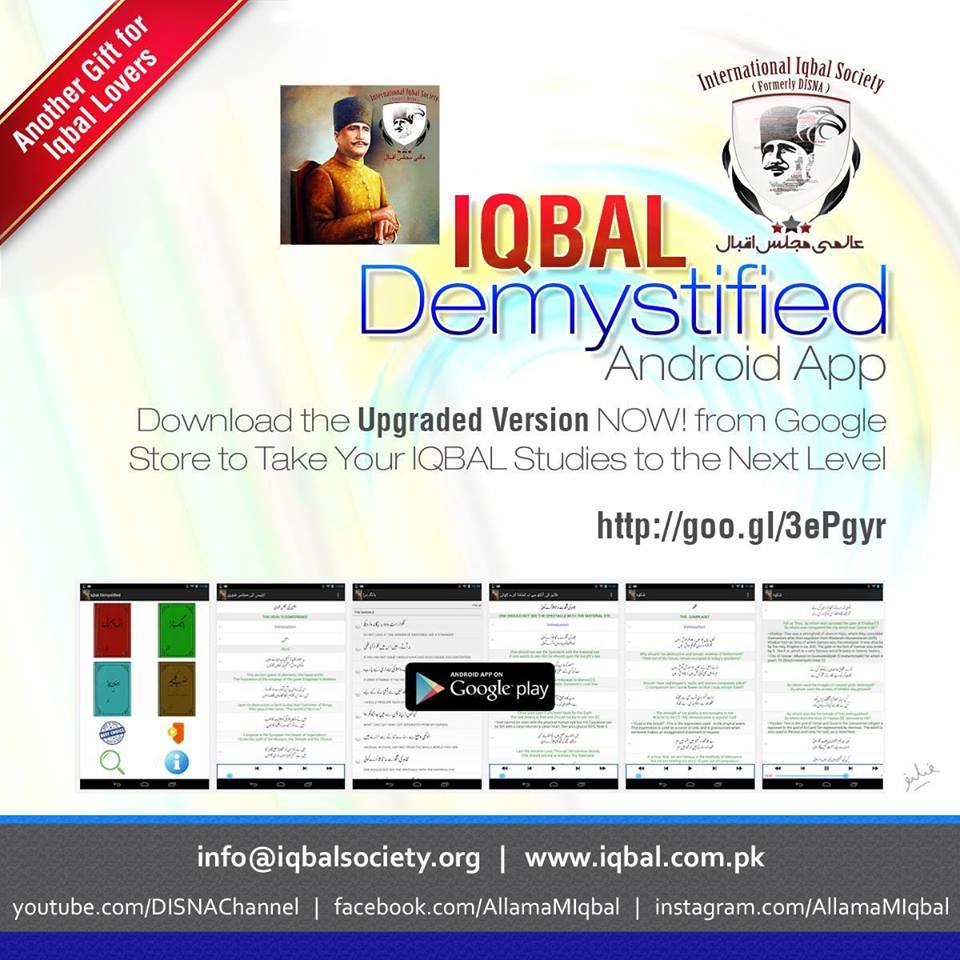15. Personal Immortality
- Parent Category: Prose Works
- Hits: 3757
- Print , Email
15. Personal Immortality
Personal immortality is not a state; it is a process. I think the distinction of spirit and body has done a lot of harm. Several religious systems have been based on this erroneous distinction. Man is essentially an energy, a force, or rather a combination of forces which admit of various arrangements. One definite arrangement of these forces is Personality – whether it is a purely chance arrangement does not concern me here. I accept it as a fact among other facts of nature, and try to find out whether this arrangement of forces – so dear to us – can continue as it is. Is it then possible that these forces should continue to work in the same direction as they are working in a living, healthy personality? I think it is. Let human personality be represented by a circle – which is only another way of saying that these forces result in describing a definite circle which may be obliterated by an upsettal of the arrangement of forces constituting it. How then can we manage to secure the continuance of this circle? Evidently by energising in a way calculated to assist the constitutive forces in their regular routine of work. You must give up all those modes of activity which have a tendency to dissolve personality, e.g. humility, contentment, slavish obedience, modes of human action which have been erroneously dignified by the name of virtue. On the other hand, high ambition, generosity, charity and a just pride in our traditions and power fortify the sense of personality.
Personality being the dearest possession of man must be looked upon as the ultimate good. It must work as a standard to test the worth of our actions. That is good which has a tendency to give us the sense of personality; that is bad which has a tendency to suppress and ultimately dissolve personality. By adopting a mode of life calculated to strengthen personality we are really fighting against death – a shock which may dissolve the arrangement of forces we call personality. Personal immortality then lies in our own hands. It requires an effort to secure the immortality of the person. The idea I have dropped here has far-reaching consequences. I wish I could have time to discuss the comparative value of Islam, Buddhism and Christianity from the standpoint of this idea; but unfortunately I am too busy to work out the details.
* Iqbal seems to be shifting arbitrarily between “P” and “p” as the first letter of the variously used “personality” throughout this reflection, and it is sometimes difficult to differentiate between the small and large letter in the manuscript. See the facsimile at the end of this book for comparison – KAS.






